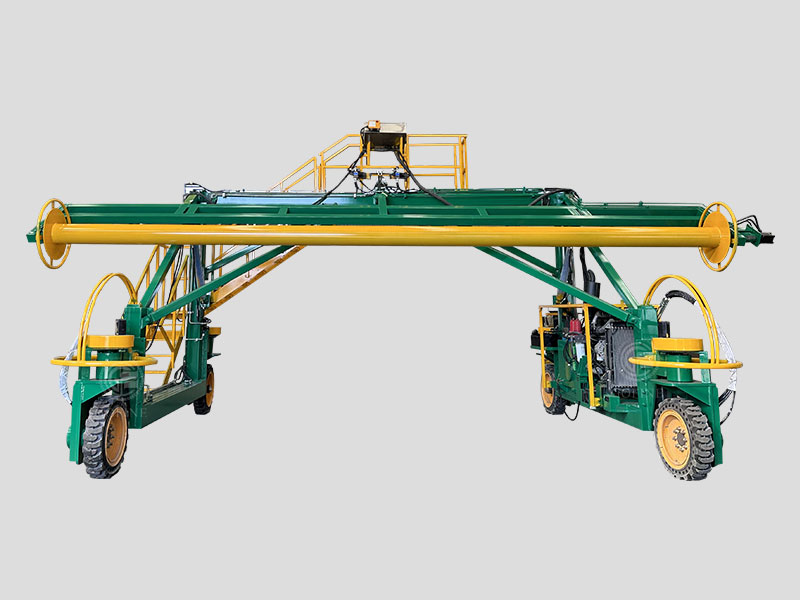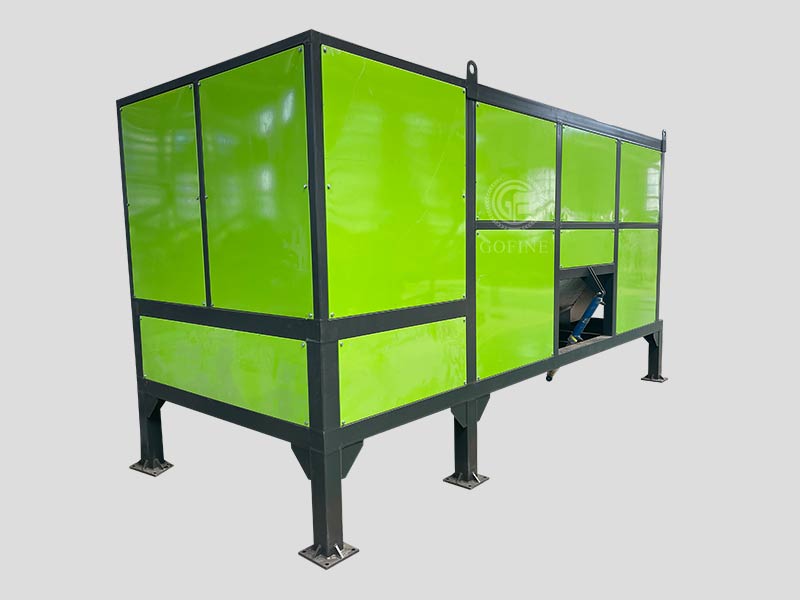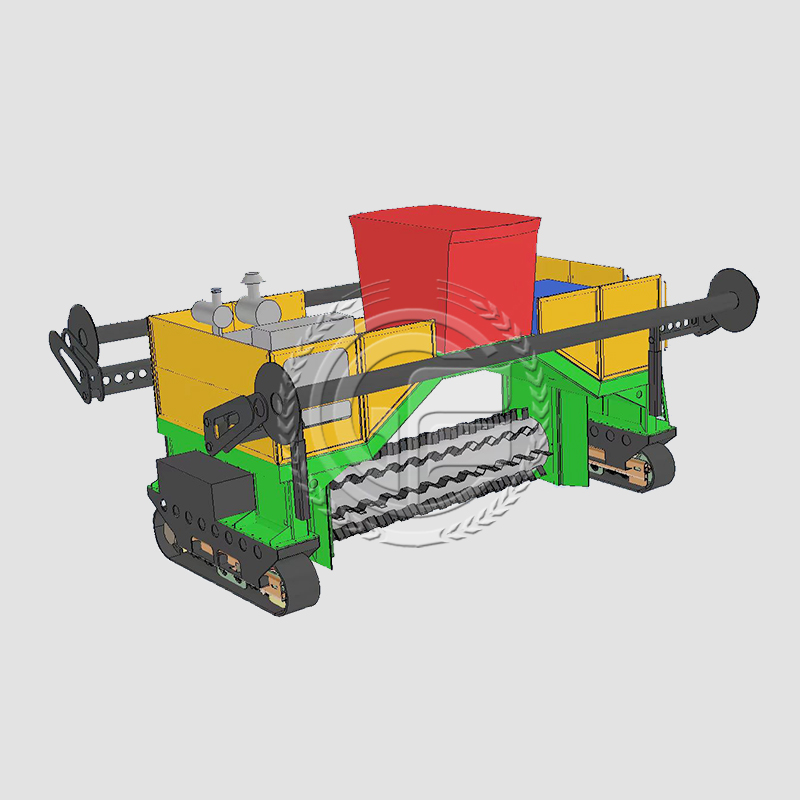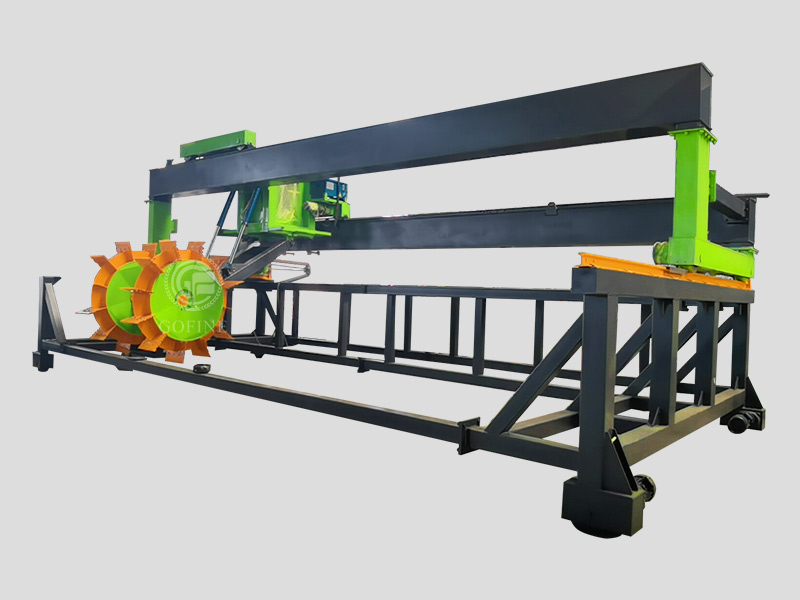New Membrane Composting Solutions
News August 29, 2025
Amidst the surging global demand for organic waste resource utilization, membrane composting technology, with its core advantages of high composting efficiency, low carbon footprint, and flexible adaptability, has become a revolutionary solution in organic fertilizer production. Our membrane composting system, with its proven technical design, is helping global fertilizer companies overcome the challenges of traditional composting.
The core of this system lies in the integration of a specialized functional composting membrane with intelligent control. The breathable, impermeable membrane offers “three barriers and one permeability”—water, odor, and impurities. With an air permeability of 1500g/㎡/24h, it allows carbon dioxide and water vapor generated within the compost pile to naturally escape, allowing oxygen to efficiently penetrate, creating an optimal environment for aerobic microorganisms. This rapidly raises the compost temperature to 60-70°C, shortening the composting cycle from 30-45 days in traditional composting to 15-20 days, increasing efficiency by over 50%. Its environmental performance is a key highlight: the sealed membrane captures 98% of odors such as ammonia and hydrogen sulfide generated during the composting process. Combined with the accompanying biofilter deodorization system, the final exhaust gas concentration is far below EU standards, completely eliminating the “odor nuisance” problem associated with traditional composting. The membrane also blocks rainwater, preventing leachate from contaminating the soil, achieving “zero-pollution” production and perfectly complying with stringent global environmental regulations.
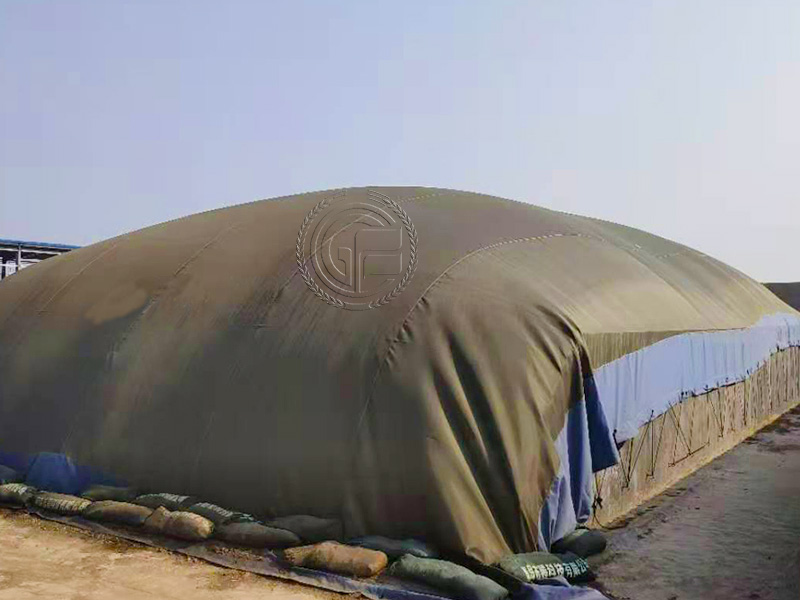
The system is flexible and customizable: For small and medium-sized farms, modular membrane stacks ranging from 50 to 200 m³ are available, occupying only one-third the floor space of traditional fermentation plants and requiring installation in as little as three days. For large fertilizer plants, cascaded membrane stacks with capacity of 1,000 cubic meters can be designed. Combined with automatic turnover and temperature measurement systems, this system enables intelligent management of the entire process. A single system can process up to 10 to 50 tons of organic waste per day, and is suitable for a variety of raw materials, including livestock and poultry manure, straw, and food waste.
Currently, the system has been exported to over 20 countries, including Thailand, Türkiye, and Argentina. A Thai customer uses the system to process rubber plantation waste, producing 1,200 tons of organic fertilizer annually, achieving a “waste-to-fertilizer” recycling strategy. A Turkish customer uses the system to process livestock manure, addressing environmental challenges on farms while also providing high-quality organic fertilizer for local farmland. In the future, we will continue to optimize membrane material performance and intelligent control systems to bring efficient and environmentally friendly composting solutions to more countries, contributing to sustainable agricultural development.
Prev: Horizontal Fermentation Tanks Offer Efficient Fermentation Despite Low Temperatures Next: Crawler Compost Turner: Organic Fertilizer Fermentation Production
